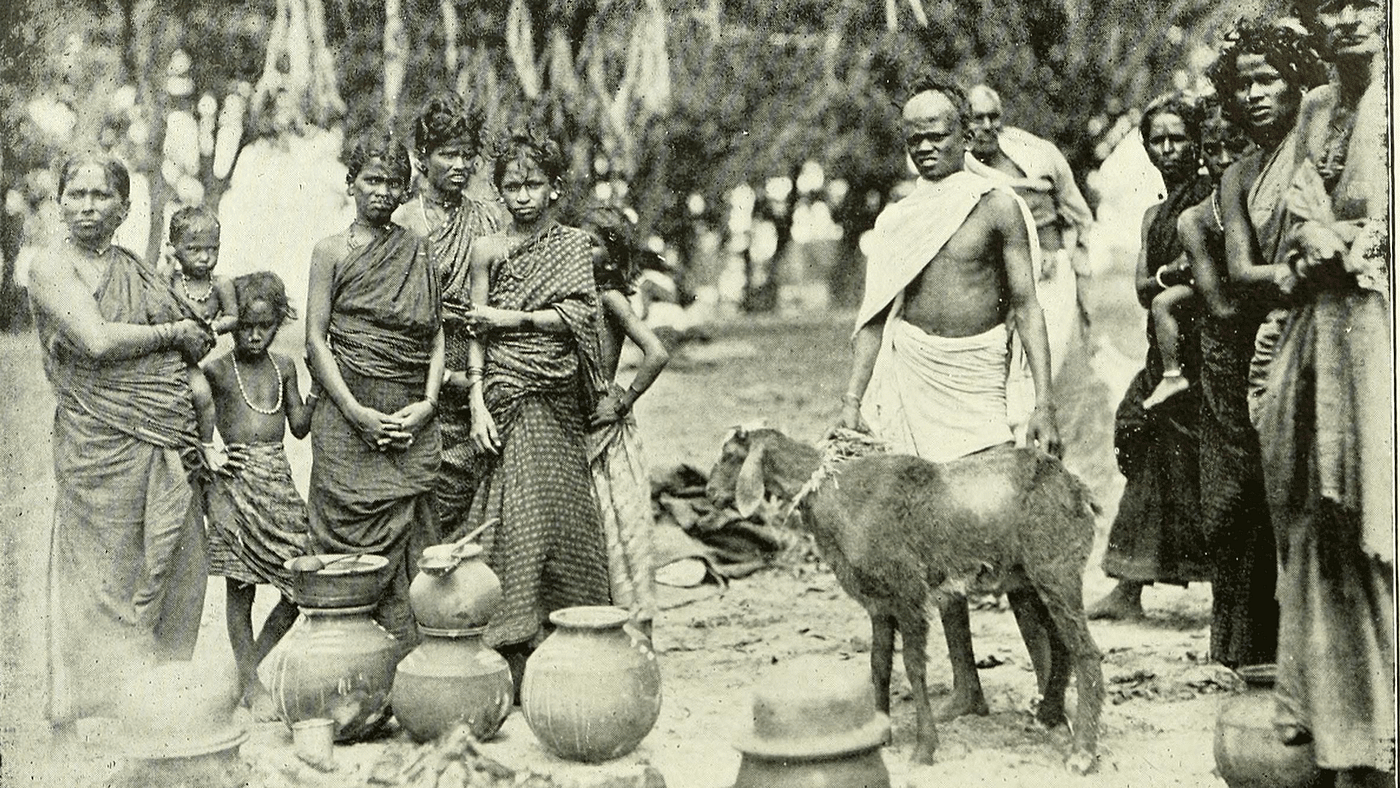Denotified, Nomadic and Semi-Nomadic Tribes

- 28 May 2024
Why is it in the News?
Denotified and Nomadic Tribes, a group of marginalised communities across Andhra Pradesh, have been silently suffering neglect and caste-based discrimination for centuries.
Who are Denotified, Nomadic, and Semi-Nomadic Tribes?
- Denotified, Nomadic and Semi-Nomadic Tribes are among the most vulnerable and deprived communities in India.
- Denotified Tribes (DNTs): These communities were labelled as 'born criminals' under British colonial laws, starting with the Criminal Tribes Act of 1871.
- The Independent Indian Government repealed these Acts in 1952, thereby 'de-notifying' these tribes.
- Nomadic and Semi-Nomadic Tribes: These groups are characterized by their mobility, moving from place to place rather than settling permanently.
- Historically, they have not had access to private land or home ownership.
Social and Historical Context:
- Categorization: Many DNTs are classified within Scheduled Castes (SC), Scheduled Tribes (ST), and Other Backward Classes (OBC), but some remain uncategorized in these groups.
Historical Commissions:
- Criminal Tribes Inquiry Committee (1947): Investigated the status of these tribes in the United Provinces (now Uttar Pradesh).
- Ananthasayanam Ayyangar Committee (1949): Led to the repeal of the Criminal Tribes Act.
- Kaka Kalelkar Commission (1953): The first OBC Commission.
- B.P. Mandal Commission (1980): Made recommendations concerning these communities.
- National Commission to Review the Working of the Constitution (NCRWC, 2002): Highlighted the wrongful stigmatization and exploitation of DNTs, chaired by Justice M.N. Venkatachaliah.
Population and Distribution:
- South Asia: Hosts the largest nomadic population in the world.
- India: Approximately 10% of the population is comprised of Denotified and Nomadic Tribes.
- There are about 150 Denotified Tribes and around 500 different Nomadic Tribes in India.
Challenges Faced by Nomadic Tribes:
- Lack of Basic Infrastructure: Nomadic tribes often lack access to essential facilities such as drinking water, shelter, sanitation, healthcare, and education.
- Stigma and Treatment: Historically labelled as criminals, these communities still face discrimination and harsh treatment from local authorities and police.
- Lack of Social Security: Due to their frequent movement, nomadic tribes do not have permanent settlements, which makes it difficult for them to obtain social security documents like Ration Cards and Aadhaar Cards.
- This exclusion prevents them from accessing government welfare schemes.
- Unclear Caste Categorization: The classification of these tribes varies across states, with some being categorized as Scheduled Castes (SC) and others as Other Backward Classes (OBC).
- Many individuals lack caste certificates, hindering their ability to benefit from government programs.
Developmental Efforts for Nomadic Tribes:
- Dr Ambedkar Pre-Matric and Post-Matric Scholarship for DNTs: Launched in 2014-15, this centrally sponsored scheme supports DNT students not covered under SC, ST, or OBC categories.
- The pre-matric scholarship promotes education among DNT children, especially girls.
- Nanaji Deshmukh Scheme of Construction of Hostels for DNT Boys and Girls: Also launched in 2014-15, this scheme is implemented through state governments, UT administrations, and central universities.
- It provides hostel facilities for DNT students not covered under SC, ST, or OBC categories, enabling them to pursue higher education.
- Scheme for Economic Empowerment of DNTs: Aim to offer free competitive exam coaching, health insurance, housing assistance, and livelihood initiatives.
- Allocates Rs. 200 crores to be spent over five years starting from 2021-22.
The Development and Welfare Board for De-notified, Nomadic, and Semi-Nomadic Communities (DWBDNC) is responsible for its implementation.
